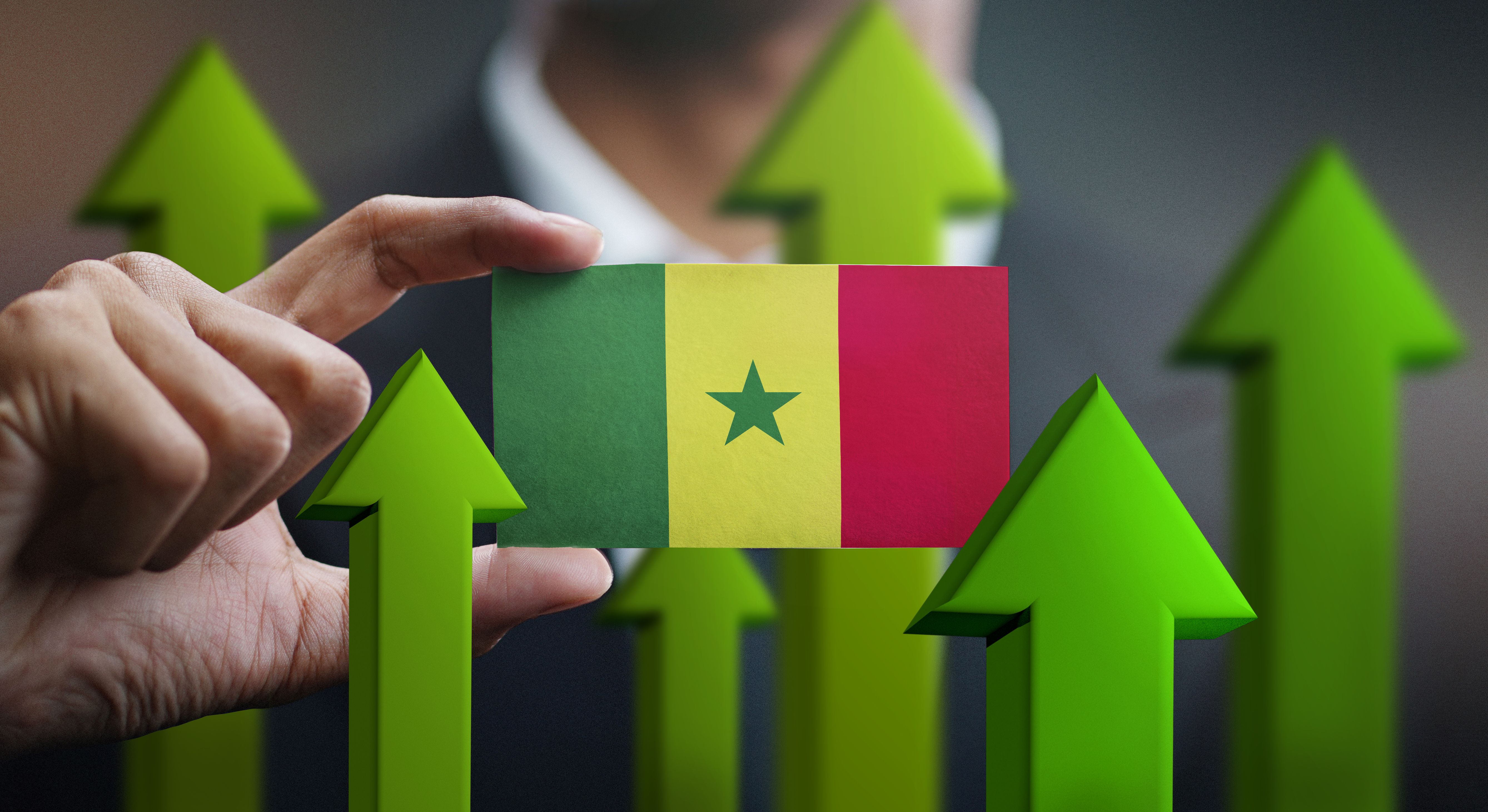Senegal Government Teams Up with Blockchain Firm for Digital Identity Initiative
Senegal's Leap Towards Digital Identity
In an exciting development, the government of Senegal has announced a strategic partnership with a renowned blockchain firm to launch a comprehensive digital identity initiative. This collaboration marks a significant step forward in the nation's digital transformation journey, aiming to enhance the efficiency and security of identity management for its citizens. The initiative is expected to streamline various governmental processes and improve access to services.

Digital identity systems are becoming increasingly vital in today's interconnected world. They provide a secure and efficient way for individuals to verify their identities, reducing the reliance on traditional paper-based methods. By using blockchain technology, Senegal is setting a precedent for other African nations to follow, showcasing the potential of modern technology to solve persistent challenges.
The Role of Blockchain Technology
Blockchain technology is at the heart of this new digital identity initiative. Known for its secure and transparent nature, blockchain ensures that data is immutable and tamper-proof. This makes it an ideal solution for managing sensitive information such as personal identities. With blockchain, Senegal's government aims to create a robust system that safeguards citizens' data and enhances trust in digital interactions.
The use of blockchain in digital identity systems also facilitates interoperability across different platforms and services. This means that citizens will be able to use their digital identities seamlessly across various sectors, from banking and healthcare to education and government services. Such integration promises to make everyday transactions simpler and more efficient.
Benefits for Citizens and Government
This initiative brings numerous benefits to both citizens and the government. For individuals, having a digital identity means easier access to essential services without the need for physical documentation. It also empowers them with more control over their personal information, as they can decide who gets access to their data and under what circumstances.

For the government, adopting a digital identity system helps reduce administrative costs and minimize fraud. It enhances transparency and accountability in service delivery, ensuring that resources are allocated efficiently. Additionally, this move aligns with Senegal's broader goal of fostering a digital economy and positioning itself as a leader in technological innovation on the African continent.
Challenges and Considerations
While the advantages are clear, implementing a digital identity system using blockchain technology is not without its challenges. The government must address concerns related to privacy, data protection, and inclusivity. Ensuring that all citizens, regardless of their technological literacy or access to devices, can benefit from this system is crucial for its success.
Moreover, building the necessary infrastructure and educating the population about the benefits and usage of digital identities are key components that require careful planning and execution. The collaboration with a blockchain firm brings in the necessary expertise but also demands a continuous effort from all stakeholders involved.
The Future of Digital Identity in Africa
Senegal's initiative could serve as a model for other African countries looking to embrace digital transformation. By leveraging blockchain technology for digital identities, nations can pave the way for more secure, inclusive, and efficient public services. As more countries follow suit, the potential for regional cooperation and integration grows, promising a more connected and prosperous Africa.
In conclusion, Senegal's partnership with a blockchain firm for its digital identity initiative is a groundbreaking move that highlights the transformative power of technology. As the project unfolds, it will be crucial to monitor its impact on society and governance, drawing lessons that can inform future endeavors across the continent.
